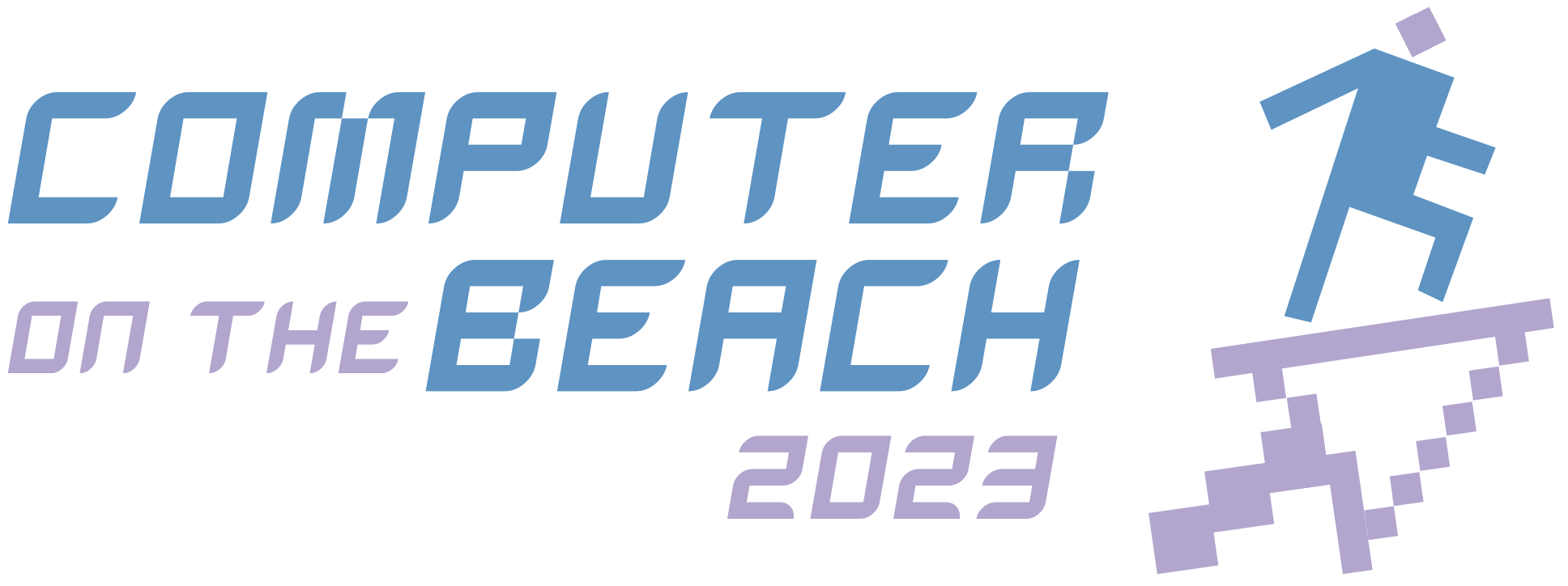

Abstract
In evolutionary robotics, the combination of genetic
algorithms, neural networks, and mobile robots is widespread.
Recent studies revealed that the length of the agent evaluation
episode and the manner in which it is varied during evolution
directly affects the evolution performance and the behavior
generated. The length of the episode influences both the accuracy
of the fitness function as well as the quality of the generated
behaviors. However, more investigation is still needed to better
comprehend the full impact of different episode duration. The
goal of this paper is to analyze and characterize the behaviors
generated in robots evolved under varying the length of the
evaluation episode. The agents all aim at solving locomotion
problems. Results showed that reducing the episode length helps
to develop initial behaviors that may perform fairly well, but are
generally not fully developed. Longer evolutionary episodes tend
to produce more static stay-at-a-fixed-position robotic behaviors,
preventing further development. On the other hand, experiments
that gradually increase episode duration over the course of
evolution avoid the optimal static standing location, allowing
more efficient behaviors to develop at the end of evolution.
Key Words—Artificial intelligence, Adaptive robotics, Evolutionary
algorithms






O Computer on the Beach é um evento técnico-científico que visa reunir profissionais, pesquisadores e acadêmicos da área de Computação, a fim de discutir as tendências de pesquisa e mercado da computação em suas mais diversas áreas.

